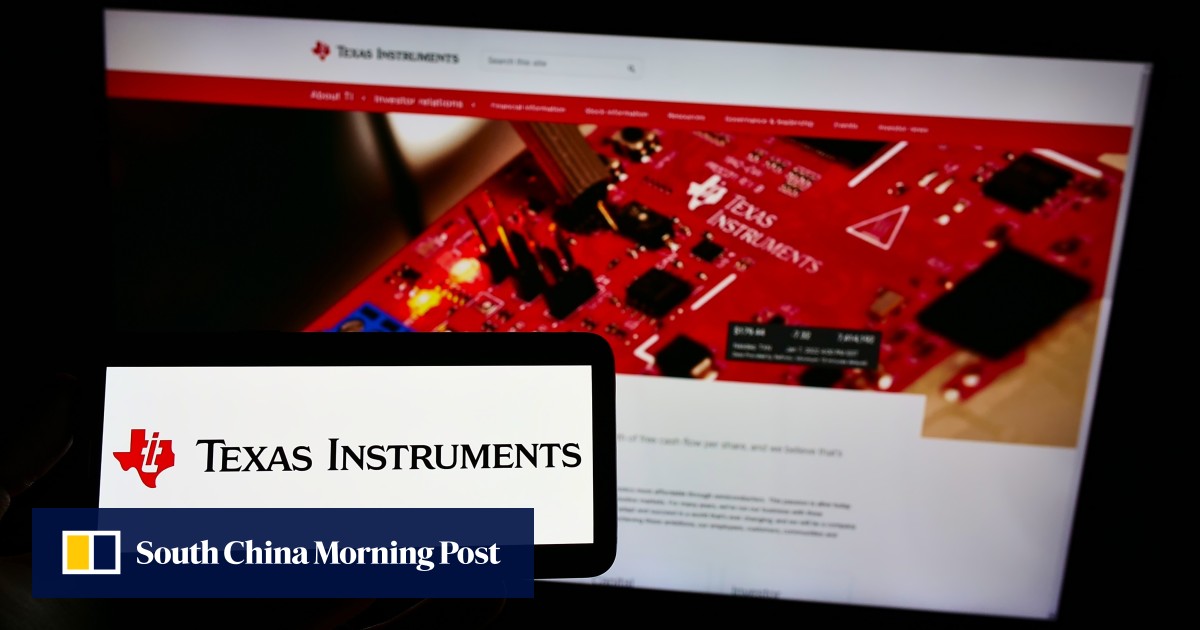Lab-grown leather innovator Qorium has taken a significant step towards the full-scale commercialization of lab-grown leather with its latest sample.
The material measures 35 by 35 cm and was manufactured through the company’s recently scaled-up tissue bioreactor, demonstrating the viability of the company’s production process for large-scale commercialization. The production process uses a small sample of skin cells from a living cow and reproduces them in a lab to create leather that offers the same strength, durability, and appearance as traditionally produced leather derived from animals.
“This sample is tangible proof that a future where high quality, high-performing leather can be produced on-demand, without the animal welfare and environmental disadvantages of traditional material, is just around the corner,” said Michael Newton, CEO of Qorium, in a statement. “The challenge of scaling up a process has been a tough one, and this latest breakthrough is a testament to the hard work of our excellent science and engineering teams.”
Once produced at full commercial scale, Qorium’s material will require a fraction of the water and energy required for traditional leather production, significantly reducing its environmental footprint while addressing animal welfare concerns, all of which are key priorities for consumer brands. Qorium is currently collaborating with several high-end fashion and automotive brands to further develop its innovative materials and establish itself as a large-scale supplier.
“The fact that with a relatively small team, in a relatively short amount of time, we have been able to create high-quality sheets of leather that demonstrate scalable production processes shows that we’re on track towards having a product that’s ready for market,” said Mark Post, founder of Qorium in a statement. “From a science perspective, we still have much work to do but the principal challenges are now overcome.”
“The next pieces of the puzzle are focused on continued product optimization, cost reduction and process engineering, where we’re already seeing very positive progress. The future certainly looks very promising for cellular agriculture.” The news comes not long after Qorium announced the completion of a successful funding round and the hiring of a new CFO.







